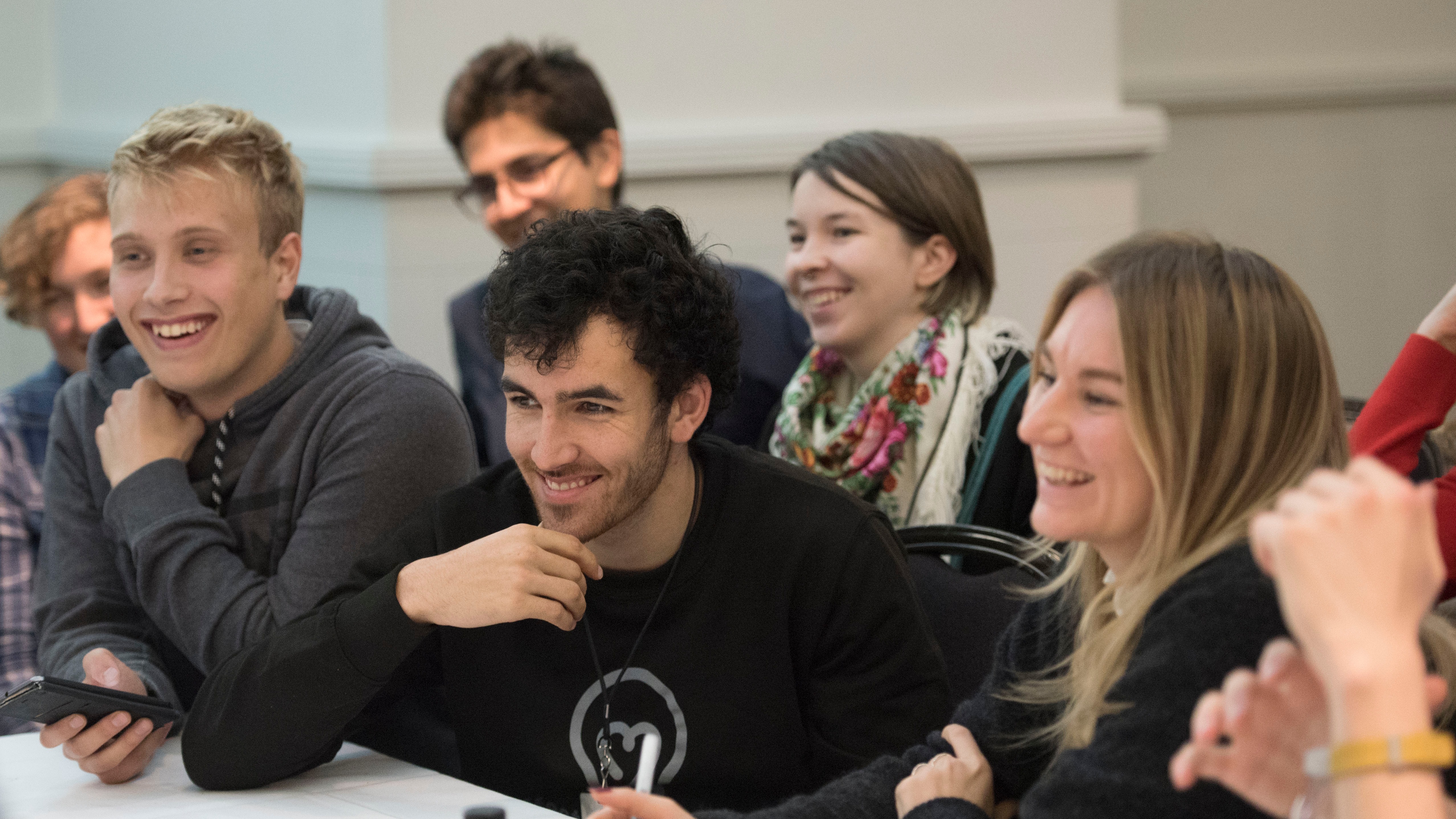What is it like working on a community building grant?
What it’s like
What it's like to work on a Community Building Grant
Time commitment
Grantees spend 20 to 40 hours per week working on community building. This can be a full-time profession, or be combined with other work or studies.
The time is usually split between outreach, advising members, administration, and professional development.

Support from CEA
The Community Building Grants Program supports grantees by:
- Organizing retreats where they can learn and network
- Sharing a huge collection of resources on community building
- Offering chances to visit and work from CEA’s office in Oxford
- Helping them find partners and successors by assisting with hiring rounds for additional organizers
Increasing the support we provide is one of our team’s key priorities.
Day-to-day activities
Professional community builders fill many functions within their group, such as:
- Management (setting a strategic direction and developing metrics to evaluate your impact)
- Operations (performing administrative tasks)
- Project management (running projects and activities)
- Advising (providing advice and connecting members to information)
You’ll probably do all of this to some extent, but you may end up specializing in work that fits you especially well.
Specific things you might work on:
Recruitment
- Running “Introduction to Effective Altruism” events
- Arranging and leading lectures/workshops to bring in new members
- Leading discussion groups on introductory books and podcasts
- Running multi-week courses to help new members get up to speed on EA’s core ideas
- Organizing retreats to help newer members bond with the group
Strategy
- Developing the strategy of your group and setting up its goals and priorities
- Choosing specific groups to target for recruitment
- Allocating volunteer time between different activities
- Doing “local priorities research” to find strong opportunities in your institution, city, or country
- Researching local high-impact career options, and writing up your findings
- Translating EA content into a local language
- Running projects tailored to your group’s skills, interests, and resources (e.g. producing graphics if your group has several talented designers)
Ecosystem contribution
- Developing new resources and event formats that other groups can use
- Contributing to EAGx or other conferences
- Recommending specific members for jobs that fit them well
To learn more about the role of professional community builders and what groups are working on at the moment, sign up for the Groups Newsletter.
About you
You might be a good fit for community building if you have a strong understanding of effective altruism, experience leading projects or teams, and strong social skills. (For more, see “What we’re looking for”.)
You don’t need to have experience running a group prior to applying, though it's still useful!
FAQs
- Q: Can my location be added to the CBG grant program?
- A: Unfortunately we don’t have the capacity to frequently review which locations should be on the CBG grant program. As a result we will only be infrequently updating this program, so it's unlikely that we are going to be able to add your location to this program in the near future.
- Q: Can my group leaders attend the CBG retreats?
- A: We tend to have a mix of CBG and non-CBG recipients attending CBG retreats to try to broaden the benefit of the retreats. Nonetheless we believe there is an optimum size to retreats, and as a result we can't make this open to everyone. CEA does have event funding and if other people wish to organise community building retreats, we encourage them to apply for a “Community Event Grant”.
- Q: What should my group’s strategy be?
- A: CEA has guidance on group strategy which can be found “here”. The correct strategy is likely to be dependent on your location and the specific competencies of your location; there's not a perfect out-of-the-book strategy. While we think these resources will be useful, we also encourage you to think about your own group's strategy.
- Q: There’s already a group near me, can I start a group?
- A: We don't claim to be an authority on which groups should exist and don't claim to be able to prevent other groups from being formed. It could be a good thing to have multiple people trying different approaches, but we would hope the groups would treat each other like allies and collaborate effectively.